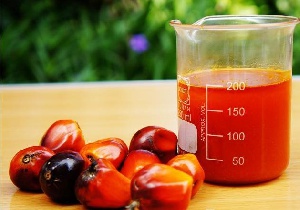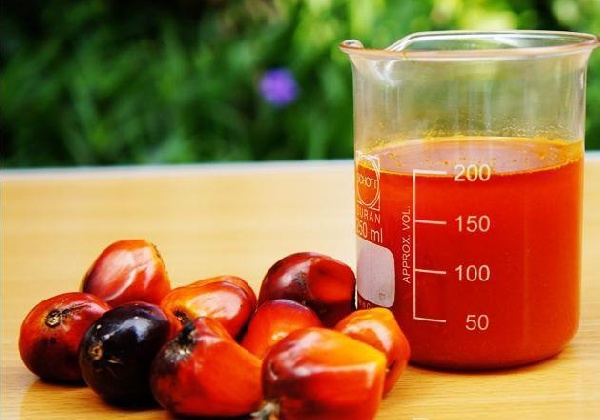 This initiative aims to harness the full potential of oil palm
This initiative aims to harness the full potential of oil palm
Government is finalising an Oil Palm Plantation Policy to be presented in next year’s budget, as part of a broader effort to develop key economic crops within the agriculture sector in 2026 and beyond.
This initiative aims to harness the full potential of oil palm and other strategic crops for generating large-scale employment across the value chain – from cultivation and processing to manufacturing and exports.
Finance minister Dr. Ato Forson announced the plan during a high-level meeting with Regional Vice President for Africa-International Finance Corporation (IFC) Ethiopis Tafara in Washington, D.C.
The discussions focused on strengthening collaboration between Ghana and the IFC to attract new investments and support the country’s agricultural transformation agenda.
The policy is expected to create over 500,000 jobs across the value chain, with Dr. Forson emphasising that agriculture will be placed at the heart of Ghana’s economic revival strategy.
He noted that developing large-scale plantations requires patient capital and assured that government is working closely with the World Bank, IFC and other development partners to mobilise the necessary financing to support private sector participation.
According to the IFC Vice President, the initiative aligns with the Corporation’s priorities, describing agriculture as a key pathway to unlocking Africa’s demographic dividend and creating sustainable employment.
Cedi sells at GH¢10.75 to a dollar
Meanwhile, the Ministry of Food and Agriculture (MoFA) through the Ghana Tree Crops Diversification Project (GTCDP) has highlighted the palm oil industry as deserving critical attention due to the wide gap between production and consumption – a challenge that if addressed could spur massive job creation.
Describing the sector as Ghana’s “red gold”, MoFA’s Medium-Term Expenditure Framework (MTEF) 2025–2028 outlines government’s plan to revitalise the industry.
Ghana currently consumes about 250,000 metric tonnes of palm oil annually, yet domestic production stands at only 50,000 metric tonnes – contributing significantly to the country’s high food import bill.
To bridge this gap, government plans to develop a comprehensive national palm oil industry policy that will provide incentives for growth and strengthen the entire value chain. Within the policy period, 1.5 million oil palm seedlings will be distributed among farmers to encourage participation in out-grower schemes.
Data from the Oil Palm Development Association of Ghana (OPDAG) show that the country imported about US$1.17billion worth of palm oil between 2019 and 2021.
The Association warns that consumption will continue to outstrip production unless artisanal millers adopt modern technology and best practices.
OPDAG notes that while a standard palm farm can yield between 18 and 25 tonnes of fresh fruit bunches per hectare annually, small-scale producers in Ghana currently harvest less than six tonnes per hectare.
Similarly, oil extraction rates, which should ideally range between 20 and 25 percent per tonne, are as low as 11 to 13 percent among artisanal millers.
The Association believes that intensifying production and improving efficiency could double current output by at least 50 percent, boosting local supply and reducing the country’s dependence on imports.
Watch the latest edition of BizTech below:
